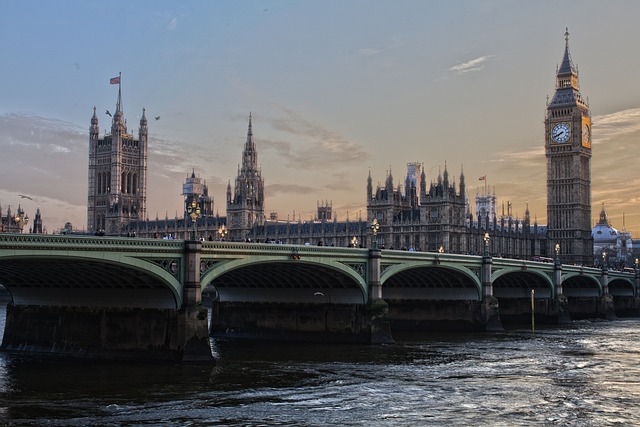
PLAN-DEMIC: POST-COVID BRITS MORE LIKELY TO OPENLY DISCUSS DEATH AND PLAN THEIR LEGACY
- Over a quarter of Brits (27%) now more likely to discuss their final wishes and funeral plans than they were before the pandemic
- Remember A Charity’s new research reveals that 21% of Brits are more likely to support charitable causes and 19% want to leave the world a better place, since covid
- Further research of charity givers aged 40+ finds almost three in 10 of those with a will say they’ve included a charitable gift
- Over half (58%) are unaware that leaving a gift to charity could reduce the amount of inheritance tax
- Gifts in wills raise over £3.5 billion of vital funding for UK charities a year, sustaining vital services across the country
Brits are now more open to talking about their own death and are more likely to make plans for their final wishes and funeral, compared to before
the pandemic, according to a new study.
The research, by Remember A Charity, explores Brits’ changing attitudes to life and death since the start of covid, finding that Brits are turning pandemic into plan-demic, with over a quarter (27%) now more likely to discuss their final wishes and funeral plans – climbing to almost a third (32%) amongst over 55s.
The national campaign, a group of almost 200 charities that works to inspire the
public to consider leaving a gift in their will, also found that women (29%) are now more likely than men (24%) to address mortality issues, making plans for what lies ahead.
Death may traditionally be considered a taboo topic, but one in five (21%) UK residents no longer see it as such. However, a small proportion (8%) are still so uncomfortable with thinking about their own mortality that they say they can’t face writing a will.
Currently, the primary reason people give for not writing their will is that they just haven’t got round to it (18%). One in 10 respondents also stated that they feel that they don’t have enough assets to warrant writing one.
Top five reasons Brits give for not writing a will:
| Rank | Reason | % of respondents |
| 1st | I have been meaning to write one, but I just have not got round to it | 18% |
| 2nd | I am too young to write a will | 16% |
| 3rd | I do not think I have enough assets to leave to someone else | 11% |
| 4th | I do not know how to do it | 10% |
| 5th | It has not crossed my mind to do so | 9% |
Becoming more charitable
Post the pandemic – which prompted even greater demand for charitable services across the UK – attitudes have further shifted, with the propensity for charitable giving also on the rise. 21% of Brits stated that covid has led them to become more likely to support charitable causes, and 19% say they want to leave the world a better place.
Remember A Charity’s longer-term benchmarking study from OKO – looking specifically at charity givers aged 40 and above – finds that more people are choosing to extend their giving beyond their own lifetime. 29% of those aged 40+ who have written a will now include a charitable gift – up from 25% in 2018.
And, this appears to be a growing trend across younger generations as over a third (37%) of 40-50-year-olds who have written a will say they have included a charitable gift – compared to a quarter (25%) of over 70s.
The need to plan ahead
But, some may need to take further action to take care of their loved ones and close causes. As many as 14% of over 70s haven’t crafted a will, rising to almost three in 10 (29%) of those aged 61-70.
Even for those who have tried to get their affairs in order, one in 10 people with a will feel it no longer reflects their current wishes and circumstances (11%) – rising to almost two in 10 (18%) for those in their 50s.
Tax break opportunity
There are also generous inheritance tax benefits with those who donate 10% or more of their estate to charity being eligible for a reduced inheritance tax1 rate of 36%2. However, over half (58%) of 40+ charity giving UK residents are unaware of this.
Lucinda Frostick, Director at Remember A Charity, said: “The pandemic has given us
all a new perspective on the world, particularly when it comes to taking care of those we leave behind. It’s great to see people opening up and discussing their final wishes with family and friends, and that appetite is growing for including a charity alongside
gifts for loved ones in the nation’s wills.
“The wonderful thing about donating in this way is that any amount can be gifted, no matter how large or small, and that income can help to sustain good causes long into the future.”
Importance of legacy giving
Charitable gifts in wills raise £3.5 billion for good causes in the UK annually3, with charities becoming increasingly reliant on that income. Of the many charities benefiting from charitable donations across the country, gifts in wills now fund six in 10 lifeboat rescues, over a third of Marie Curie’s vital work, and more than half of the work of Brooke, an international animal welfare charity that supports working horses, donkeys and mules.












